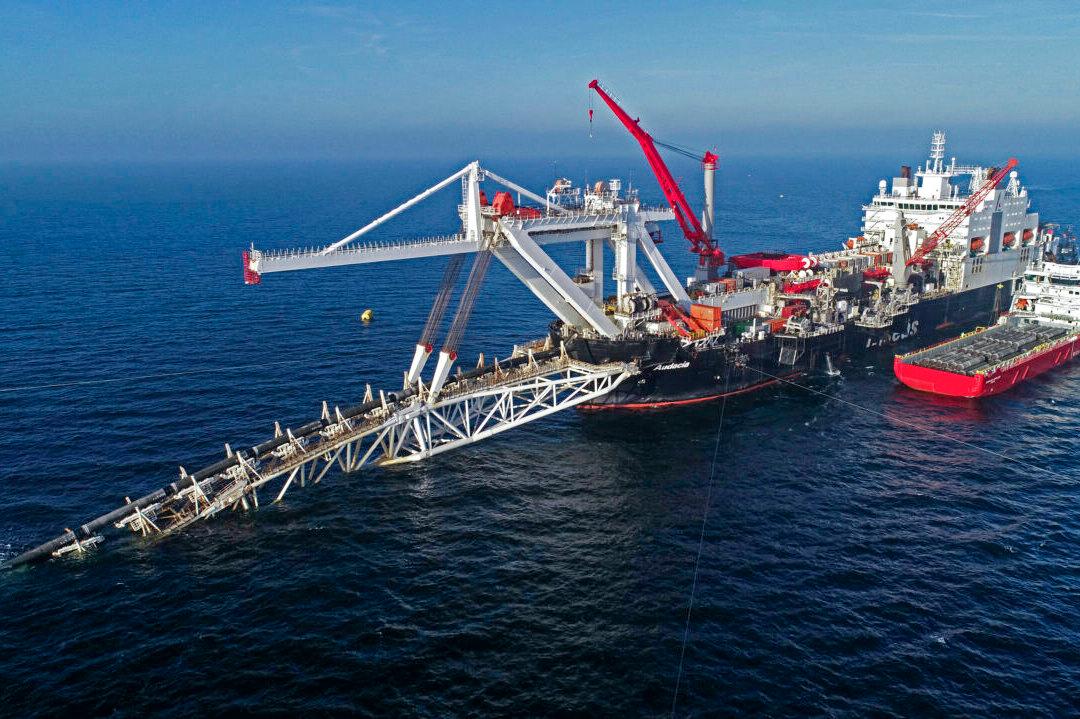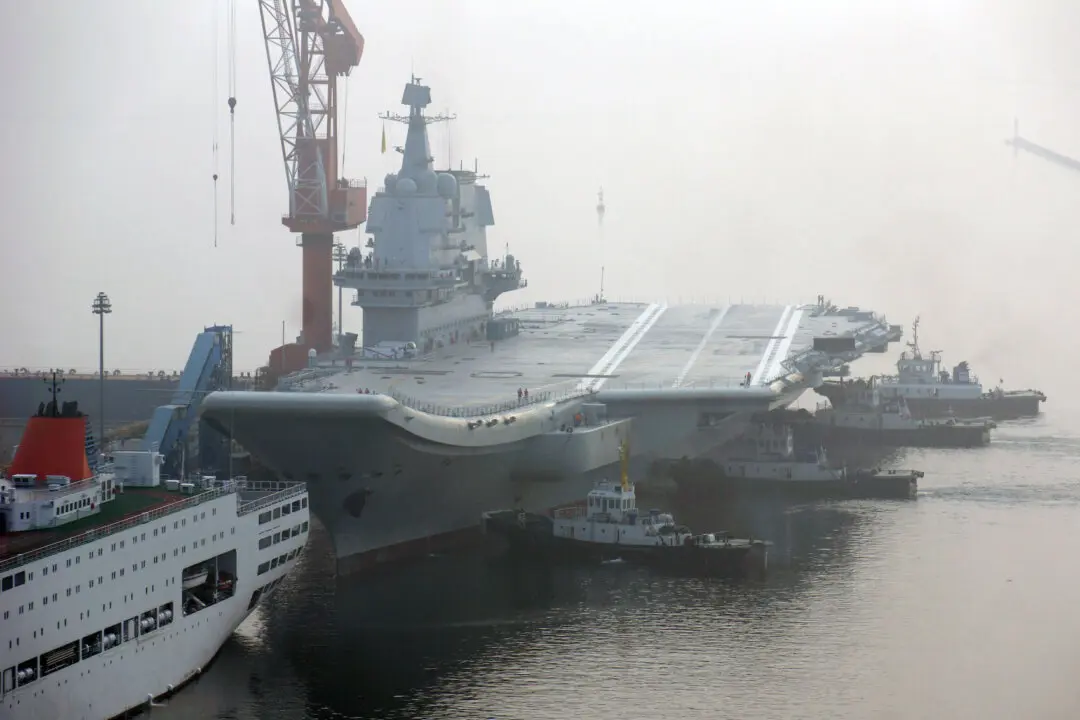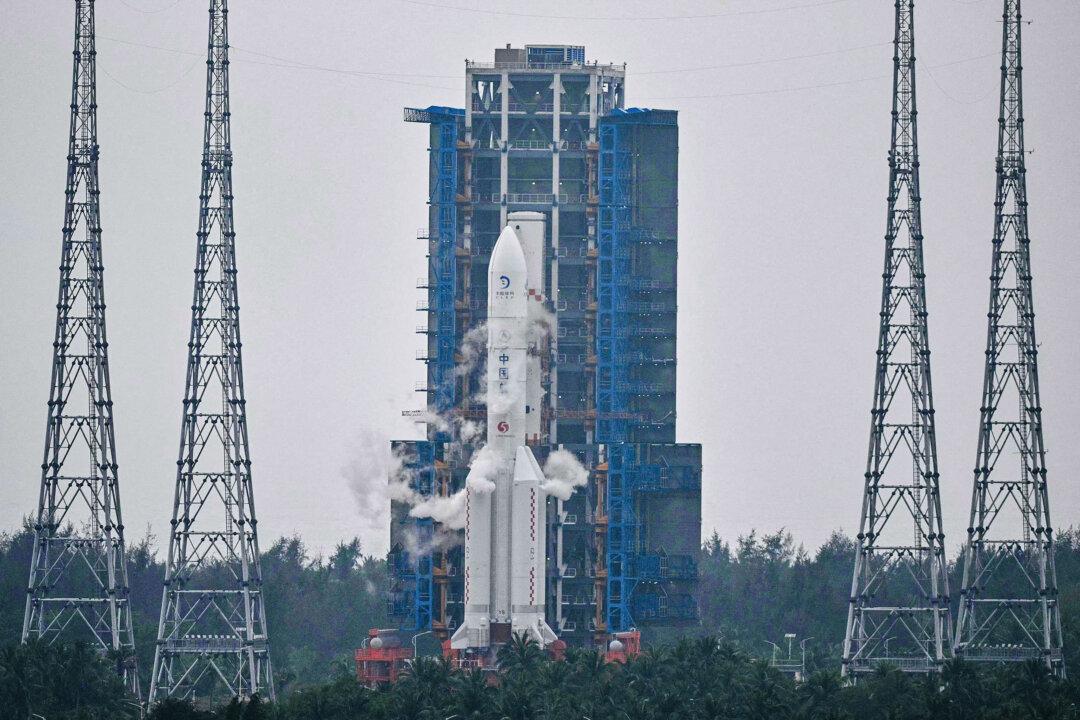News Analysis
Petrol prices in the United States and around the world have hit highs not seen since 2014. With the Russian invasion of Ukraine resulting in decertification of the Nord Stream 2 pipeline and the subsequent Western sanctions, prices are expected to climb even higher, but China will not have to pay the price.





